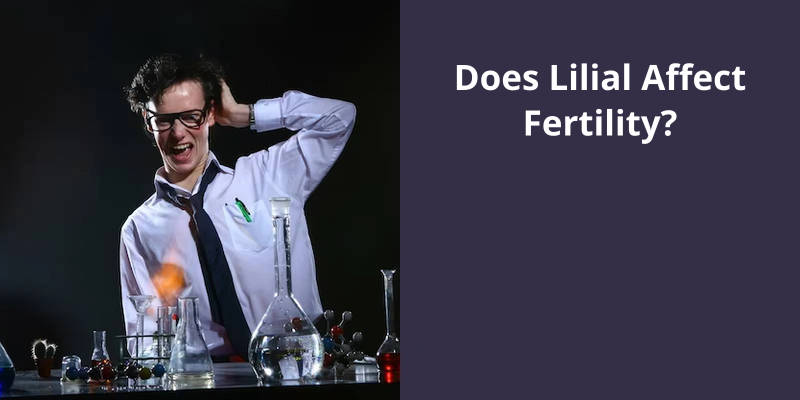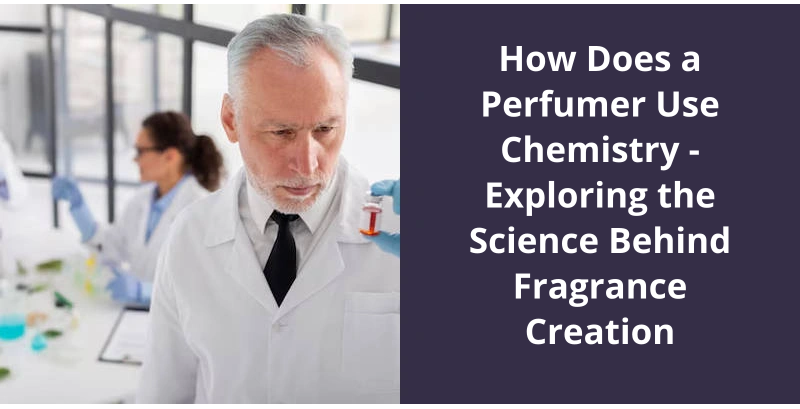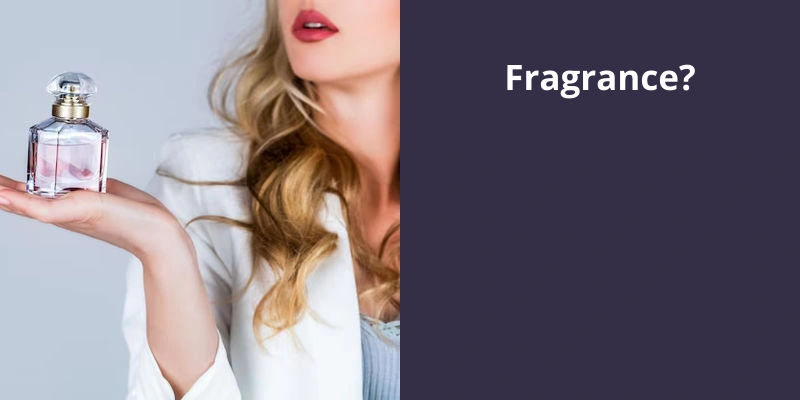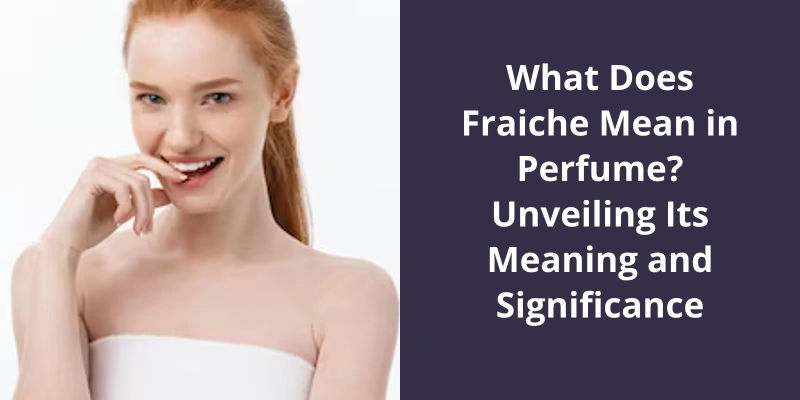Yes, Lilial, also known as Butylphenyl Methylpropional, could potentially impact fertility. It’s been identified as a substance of very high concern by the European Chemicals Agency because of its reproductive toxicity. In animal studies, exposure to excessive amounts of this chemical has demonstrated potential harm to fertility. However, more research is needed to fully understand its effects on human fertility. Even so, due to these potential risks, the use of Lilial in cosmetics and personal care products has been restricted in Europe.

Does Lilial Cause Infertility in Men?
However, lilial has been a topic of concern in recent years due to it’s potential effects on fertility. Lilial is a synthetic fragrance ingredient that’s been used in various personal care products, including perfumes and lotions.
One study conducted on animals found that exposure to lilial led to a decrease in testosterone levels and sperm count in male rats. However, it’s important to note that these findings were from an animal study and may not directly translate to humans. Additionally, the study used a much higher concentration of lilial than what would typically be found in personal care products.
Another study conducted on human placental cells found that lilial had an inhibitory effect on progesterone production. Progesterone is a hormone that plays a crucial role in reproductive health, particularly during pregnancy.
Despite these studies, it’s important to consider that lilial is no longer used in Olaplex No. 3 Hair Perfector. The company made the decision to remove lilial from their formulation, which indicates that they take customer safety seriously. Furthermore, it’s worth noting that it’s rare for a cosmetic ingredient, especially one that isn’t directly applied to the skin or hair and is rinsed off quickly, to cause significant harm.
As with any cosmetic product, it’s always a good idea to read the labels and choose products that align with your personal preferences and concerns. If you’ve any specific concerns about fertility or the ingredients in a particular product, it’s best to consult with a healthcare professional.
The Potential Risks and Effects of Other Commonly Used Cosmetic Ingredients on Fertility
- Parabens
- Phthalates
- Formaldehyde
- Triclosan
- Sodium lauryl sulfate
- Lead
- Mercury
- Toluene
- Coal tar
- Retinyl palmitate
- Petroleum distillates
- Hydroquinone
- BHA and BHT
One skincare product that’s been linked to hormone disruption and potential fertility issues is those that contain parabens. Parabens are commonly used as preservatives in scrubs, soaps, and creams. Have you ever thought about the impact these products may have on your reproductive health? Let’s explore further.
What Skincare Products Affect Fertility?
One ingredient commonly found in skincare products that can affect fertility is parabens. Parabens are a type of preservative used to prevent the growth of bacteria and mold in cosmetics. However, studies have shown that parabens can mimic the hormone estrogen in the body, leading to hormonal imbalances.
When estrogen levels are disrupted, it can have negative effects on fertility. For women, excessive estrogen can interfere with the production and release of eggs, making it harder to conceive. In men, high estrogen levels can reduce sperm quality and quantity, making it more difficult to achieve pregnancy.
Another skincare product that can potentially affect fertility is sunscreen containing oxybenzone. Oxybenzone is a chemical UV filter commonly found in sunscreens, and it’s been shown to have hormonal activity. Some studies have linked oxybenzone exposure to reduced sperm count and altered hormone levels in men.
One such fragrance is lilial, which is commonly used to give products a floral scent. Some studies have indicated that lilial can disrupt hormones, specifically estrogen, which may affect fertility in both men and women.
Furthermore, certain antibacterial ingredients, such as triclosan, may also be a concern for fertility. Triclosan is often found in products like soaps and hand sanitizers. Studies have shown that triclosan can interfere with hormone signaling, potentially affecting reproductive health.
Conclusion
With it’s prevalence in beauty and cleaning products, it’s imperative to acknowledge the potential risks it poses and take measures to minimize exposure. Monitoring the use of lilial and exploring safer alternatives can pave the way for a healthier future, protecting the well-being of individuals and their ability to create new life.





